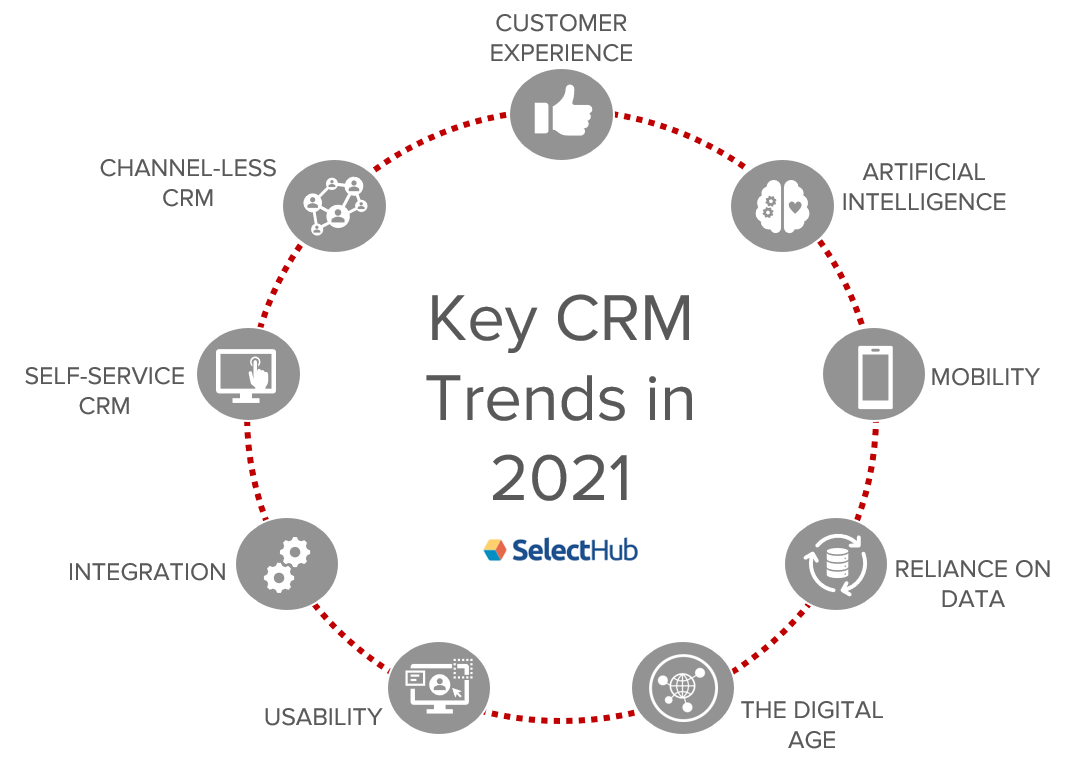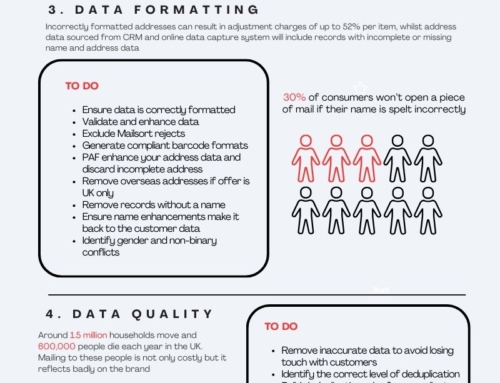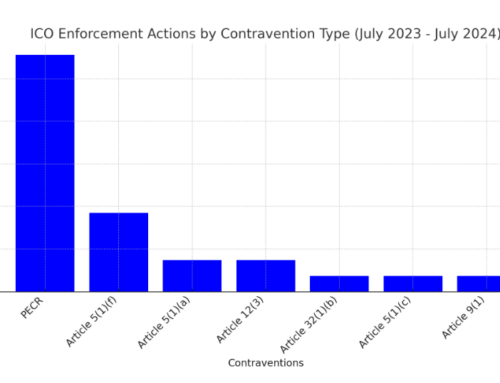A recent article published by SelectHub analysed the ten critical CRM trends to monitor for 2021 and one of the key takeaways was that analytics will play a much larger role in decision making by 2022 according to 85 per cent of marketing executives asked. In the world of CRM pretty much everything is growing. Predictions show that CRM will reach a market size of $113.5 billion by 2027 and that is driven by the evidence that companies giving a good customer experience will outperform any company competing solely (or primarily) on product and price.
Customers want an experience that is convenient but there is also a trend towards an experience that is personalised. This is nothing new but having much of the world spend most of their time confined in their houses this personalised experience has become hyper-focused. Marketers are increasingly turning to AI to achieve this goal with just 29 per cent of marketers using AI in 2018 and 84 per cent of marketers using AI in 2020.
AI can do many things for marketers including providing data intelligence and predictive analytics. When these are working well, they are a valuable marketing tool enhancing the customer experience but get it wrong and AI can quickly create a negative impact. How marketers manage and use their data is critical to keeping AI working positively for a company.
Marketers must make sure their data is as accurate as it can be. This is pertinent now because many organisations have experienced a fragmented work environment with (at times) many, if not all, employees working from home. As a result, companies are becoming more reliant on CRM and business systems capturing everything that is happening to provide one source of truth and therefore provide an overall data unity within the company.
With statistics showing that CRM systems are known to improve customer retention as much as 27 per cent and every dollar spent on CRM has an average ROI of $8.71 it is no wonder that 91 per cent of companies with more than 11 employees use a CRM system. The data that pours in from multiple sources finds its true potential through analytics. Data management, integration and formatting are the top priority among marketing teams. Given the many streams feeding into CRM efforts, managing, and using data will be critical and require solutions with features robust enough to support those needs.
For any marketers using Microsoft Dynamics 365, Clean Contacts is one of those solutions. Including a free data health check, it enables marketers to assess the accuracy of their data. As data analytics continue to grow in business importance and driven more and more by AI and data science, it is imperative that the original data is as clean as it can be or risk flawed algorithms resulting in inaccurate business intelligence.
The full report by SelectHub can be found here – https://www.selecthub.com/customer-relationship-management/crm-trends/





